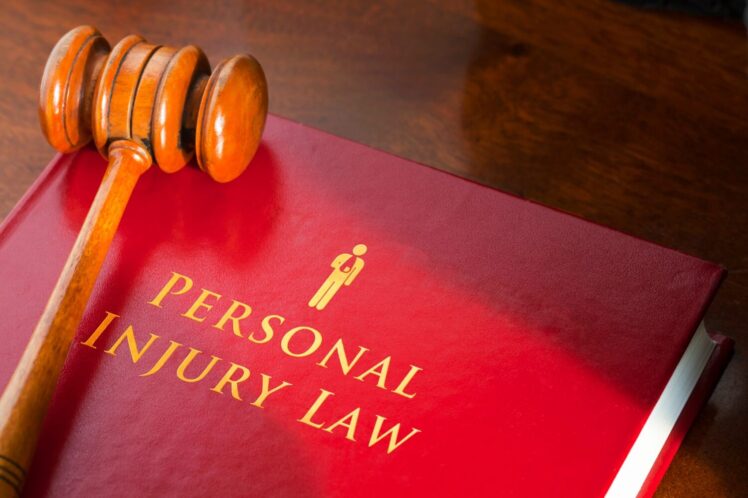Table of Contents
Personal injury law is a crucial aspect of our legal system, designed to protect and compensate individuals who have suffered harm due to the negligence of others. However, like any area of law, personal injury law is often shrouded in myths and misconceptions that can mislead and confuse the general public. In this blog post, we will unravel some of the most common myths about personal injury law and provide you with the accurate information you need to understand your rights and make informed decisions.
Myth 1: Personal Injury Lawsuits Are Frivolous

One of the most prevalent misconceptions about personal injury law, according to one slip and fall attorney, is that most lawsuits are frivolous attempts to exploit the legal system. In reality, the vast majority of personal injury cases are legitimate claims brought by individuals who have genuinely suffered harm and are seeking fair compensation for their losses. Experienced personal injury attorneys carefully evaluate the merits of a case before taking it on, ensuring that it meets the necessary legal criteria.
Myth 2: Personal Injury Attorneys Are Ambulance Chasers
Another common myth is the belief that personal injury lawyers are “ambulance chasers” who prey on vulnerable victims. In truth, reputable personal injury attorneys are ethical professionals dedicated to helping injured individuals navigate the complexities of the legal system. They provide invaluable support, guiding clients through the legal process, negotiating with insurance companies, and advocating for their best interests.
Myth 3: Personal Injury Lawsuits Are Time-Consuming and Expensive

While it’s true that some complex personal injury cases may take time to resolve, not all lawsuits are drawn-out and expensive affairs. Many cases can be settled through negotiations or alternative dispute resolution methods, saving time and legal costs. Additionally, most personal injury attorneys work on a contingency fee basis, meaning they only get paid if they successfully recover compensation for their clients, making legal representation more accessible to those who need it.
Myth 4: Only Severe Injuries Qualify for Compensation
Some people believe that only catastrophic injuries, such as broken bones or permanent disabilities, warrant pursuing a personal injury claim. This slip and fall law firm, however, says that even seemingly minor injuries can have significant consequences, including medical expenses, lost wages, and pain and suffering. If someone else’s negligence caused your injury, you may be entitled to compensation, regardless of the severity of your injuries.
Myth 5: Insurance Companies Always Offer Fair Settlements

It’s a common myth that insurance companies always have the injured party’s best interests at heart and will offer fair settlements. In truth, insurance companies are profit-driven entities that may try to minimize payouts or deny claims altogether. Having a skilled personal injury attorney on your side can level the playing field, as they can negotiate on your behalf and ensure you receive the full and fair compensation you deserve.
Myth 6: You Can Handle a Personal Injury Claim on Your Own
Some individuals believe that they can handle a personal injury claim without legal representation. While this is technically possible, it’s generally not advisable. The legal process is complex, and insurance companies have experienced adjusters who may use tactics to undervalue or deny your claim. An experienced personal injury attorney can protect your rights, gather evidence, and build a strong case on your behalf.
Conclusion
Understanding personal injury law is essential for protecting your rights and making informed decisions if you’ve been injured due to someone else’s negligence. By debunking these common myths, we hope you now have a clearer picture of what personal injury law entails. If you find yourself in such a situation, don’t hesitate to consult with a reputable personal injury attorney who can guide you through the process and help you pursue the compensation you rightfully deserve. Remember, knowledge is power, and debunking these myths empowers you to take the right steps toward justice and fair compensation.

